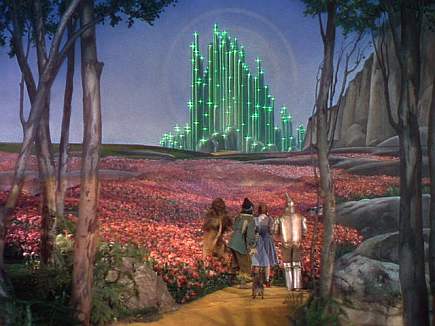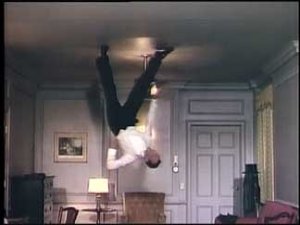For all intensive purposes in this blog I look at cinema and pop culture as a window into what was going on around the country in the years between WW1 and the Vietnam War . While I understand the movies were dramatized, actors' images were completely fabricated and then protected by the studios, and that especially after censorship
. While I understand the movies were dramatized, actors' images were completely fabricated and then protected by the studios, and that especially after censorship things were released to the public a little differently, I wonder if it's any kind of mirror at all. I look at today's media and see it as all out of touch and virtually uninterested in anything happening around the US, or the world. But reading the history of the a-listers from that era, I really can't find a modern day version for most of them. Who is the Charlie Chaplin
things were released to the public a little differently, I wonder if it's any kind of mirror at all. I look at today's media and see it as all out of touch and virtually uninterested in anything happening around the US, or the world. But reading the history of the a-listers from that era, I really can't find a modern day version for most of them. Who is the Charlie Chaplin  of today? The Cecil B Demille
of today? The Cecil B Demille ? Not to say there aren't any creative forces, serious philanthropists, or risk takers, but who is going to be this generation's legacy 50 or 100 years from now? What masterpieces will they be showing from my generation?
? Not to say there aren't any creative forces, serious philanthropists, or risk takers, but who is going to be this generation's legacy 50 or 100 years from now? What masterpieces will they be showing from my generation?
The difference that strikes me most is the way they spoke. Scripts from then were eloquently worded, historically aware, and to me the subtlety of innuendo and low brow humor was more effective than coming right out with sex, drugs, and cheap shots like we do now. I wonder if it's because we're too stupid to get the joke now? Are we better off now that we can show nudity, cuss, and show couples sleeping in the same bed, or has it stifled us to the point where that's all we know how to do anymore to get an audience reaction?
Another difference is the things they pulled off with what they had. Are we also better off that the whole process in film making is so much easier on the creators? Like special effects, they couldnt just click a button or search youtube for a sound effect in the 40's. They had to be creative. They couldnt go in and CGI the background later if something wasnt lit properly or looked out of focus or needed an impressive background. Are the people making movies today equal in talent and creativity? Or have they lost a little of the wonder by having so many things done for them by computers?
While I believe the studio/mogul system was as dirty as any major corporation today, I can't decide which system was better. We've had some independent masterpieces that wouldn't have ever been made in the old system, but the lengths the studios went to preserve the reputations and quality of their stars seemed to make them more worthy of being role models than the stars today. When society isn't being constantly fed filth, it seems we are less filthy.. I realize it was all built up, hey, thats Hollywood . But would any major star from today have had a snowball's chance in hell to make it big then?
. But would any major star from today have had a snowball's chance in hell to make it big then?









